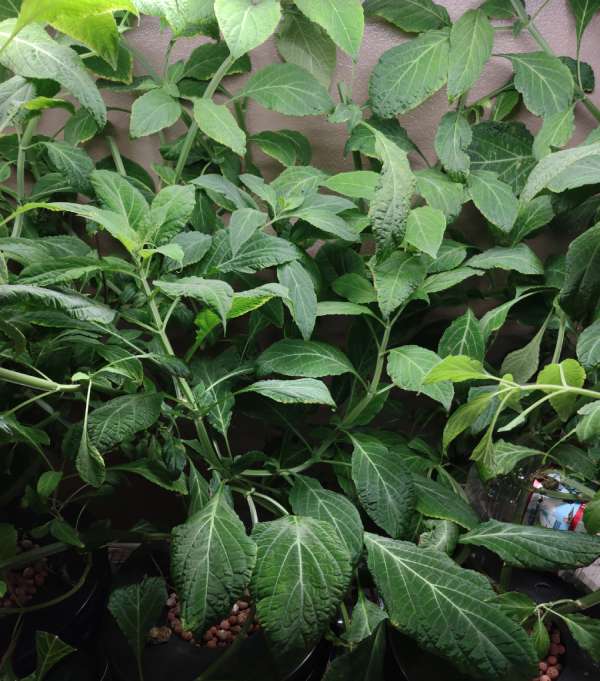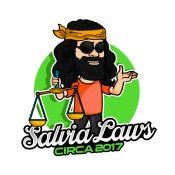Salvia divinorum is a plant species that is native to southern Mexico, and it contains a psychoactive compound called Salvinorin A that can produce intense hallucinations and altered states of consciousness when smoked or ingested. Due to its potential for abuse and the risk of adverse effects, Salvia divinorum is a highly controversial substance, and its legal status in the United States varies by state.
As of September 2021, Salvia divinorum is illegal in 17 states, including Alabama, Delaware, Florida, Illinois, Kansas, Kentucky, Mississippi, Missouri, Nebraska, North Dakota, Ohio, Oklahoma, Pennsylvania, South Dakota, Tennessee, Virginia, and Wyoming. In these states, the possession, sale, and distribution of Salvia divinorum is punishable by law, and penalties can range from fines to imprisonment, depending on the severity of the offense.

In other states, Salvia divinorum is legal or partially legal. For example, in California, it is legal to possess and use Salvia divinorum, but it is illegal to sell or distribute it to minors. In Maine, it is legal to possess and use Salvia divinorum for personal use, but it is illegal to sell or distribute it. In New Mexico, it is legal to possess and use Salvia divinorum for religious or spiritual purposes, but it is illegal to sell or distribute it for recreational use.
The legal status of Salvia divinorum in each state can change, and it is important to check with local laws and regulations before possessing or using the plant. In addition, the federal government classifies Salvia divinorum as a Schedule I controlled substance, which means that it has a high potential for abuse and no accepted medical use.
Despite its controversial legal status, Salvia divinorum has gained popularity among some individuals as a recreational drug. Its effects are often compared to those of LSD or psilocybin mushrooms, and some people use it to achieve spiritual experiences or explore altered states of consciousness. However, the use of Salvia divinorum can also lead to dangerous and unpredictable effects, such as loss of coordination, disorientation, and even psychotic episodes.
One of the reasons that Salvia divinorum is a highly controversial substance is its potential for abuse and addiction. Although Salvia divinorum does not produce physical dependence, some individuals may develop a psychological dependence on the drug and may continue to use it despite negative consequences.
In addition, the use of Salvia divinorum can be particularly dangerous for individuals with pre-existing mental health conditions or a history of substance abuse. It is also important to note that the effects of Salvia divinorum can vary widely depending on the dose, the method of consumption, and the individual’s sensitivity to the drug.
In conclusion, the legal status of Salvia divinorum in the United States varies by state, and individuals should always check with local laws and regulations before possessing or using the plant. Although some people may use Salvia divinorum for recreational or spiritual purposes, its use can lead to dangerous and unpredictable effects, and it is important to use caution and seek professional help if needed.
